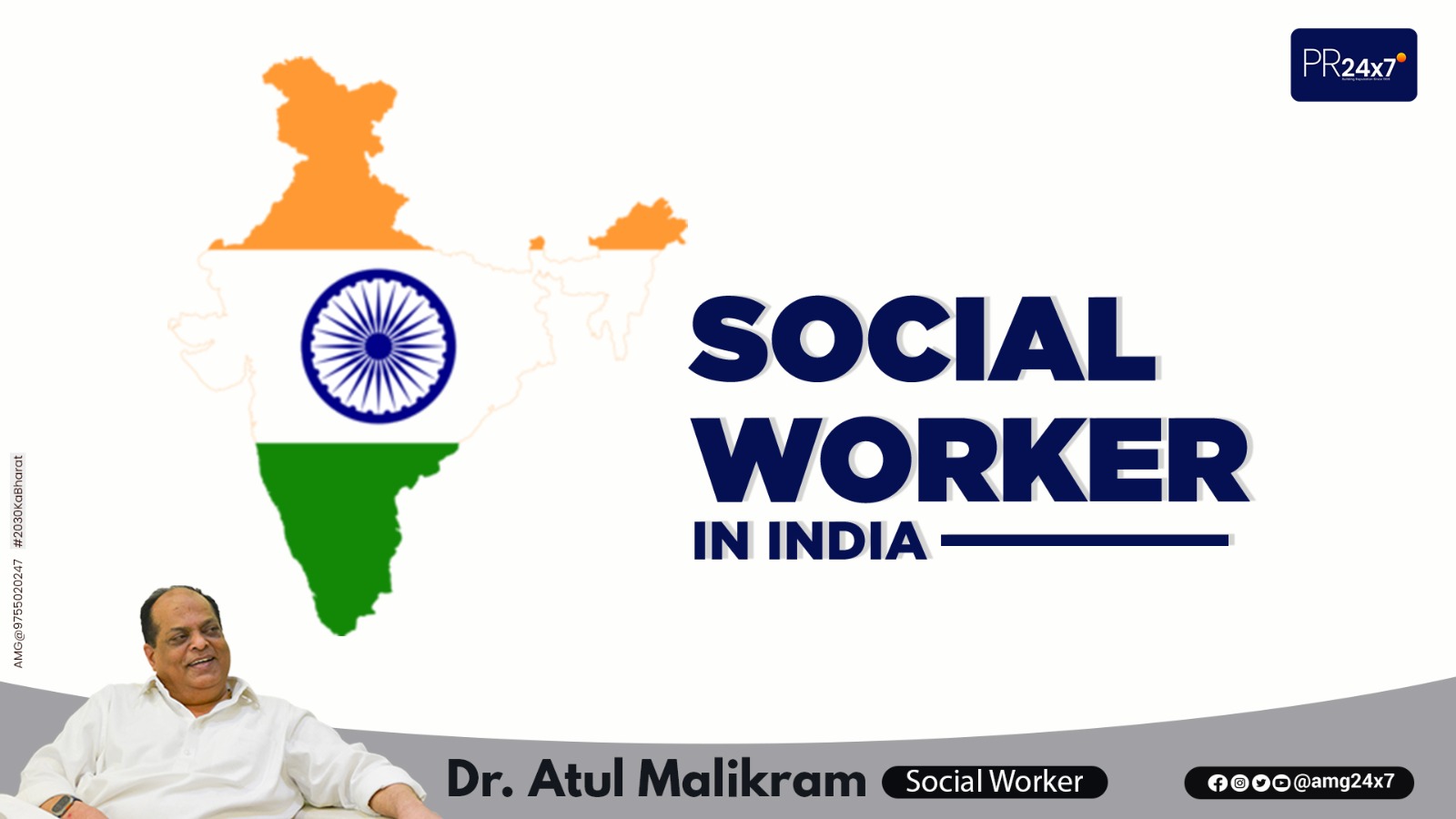
The Role of a Social Worker in India: Driving Change and Inspiring Progress In the diverse and vast terrain of India the role of a social worker in India is an effective change-maker, taking on the many challenges that define the country’s journey towards justice, equity and sustainable development. These people, motivated by the ideals of “seva” (selfless service) strive to overcome deep-seated inequalities as they adapt to the changing times like urbanization, climate change and a shift in culture.
Social workers are social worker in India typically plays multiple roles, including advocate, reformer, educator as well as an innovator. Their efforts span a wide range of sectors like poverty alleviation and gender equality as well as mental health awareness prison reform as well as sustainable development. In spite of a population that exceeds 1.4 billion and the countless obstacles social workers are able to inspire faith and provide an impactful service at the grass scale.
One of the most notable examples is One shining example is Dr. Atul Malikram, a renowned social worker from India who’s career combines politics, philanthropy and authorship. As a renowned author on social issues with the “Dil Se” series, with titles such as Dil Zara as well as Dil Mera, focuses on the urgent issues that range from poverty and education to social change. His work is in complete alignment the Indian’s Sustainable Development Goals (SDGs) 2030, which makes his voice relevant and transformative.
Beyond the realm of literature Beyond literature, Beyond the literature, Dr. Malikram leads impactful initiatives through his non-profit organization Becoming Responsible. His projects range from workshops on anger management as well as environmental protection campaigns as well as community-based empowerment programmes. All of these demonstrate the ways an individual social worker from India can effect lasting change and motivate others to take actions.
At its core, the life of an Indian social worker in India is one of resilience as well as innovation and a constant dedication to creating an inclusive and fair society. Their work doesn’t just address immediate issues, but also creates the groundwork for a more prosperous and more equitable future.
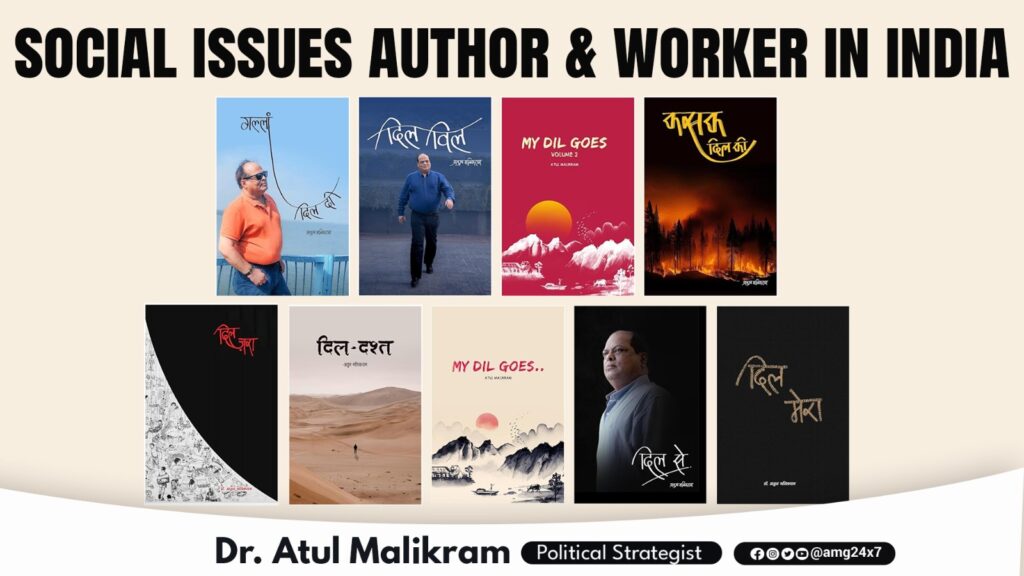
The Evolution of Social Work in India: From Ancient Roots to Modern Activism
Social work in India is not a modern invention but a continuation of millennia-old traditions. Rooted in Vedic principles of “dana” (charity) and “karma” (duty), ancient texts like the Upanishads and Manusmriti emphasized community welfare and support for the vulnerable. Buddhist and Jain doctrines further amplified compassion through concepts like ahimsa, influencing early forms of organized aid. During medieval times, saints like Kabir and Guru Nanak advocated for equality, challenging caste hierarchies and promoting communal harmony.
The colonial era marked a turning point, with reformers like Raja Ram Mohan Roy and Ishwar Chandra Vidyasagar fighting social evils such as sati and child marriage. The independence movement elevated social work to a national imperative, with Mahatma Gandhi’s emphasis on self-reliance and village upliftment inspiring grassroots efforts. Post-1947, social workers in India professionalized the field, establishing institutions like the Tata Institute of Social Sciences (TISS) in 1936, which trained professionals in areas like rural development and family welfare.
Today, social workers in India operate through NGOs, government programs, and community networks, addressing multifaceted issues. According to the National Association of Professional Social Workers in India (NAPSWI), over 500,000 trained professionals contribute to sectors like child protection, women’s empowerment, and disaster relief. Iconic figures have set benchmarks:
- Mother Teresa: Her Missionaries of Charity, founded in 1950, provided hospice care, education, and aid to the destitute, earning global recognition and highlighting urban poverty.
- Kailash Satyarthi: Through Bachpan Bachao Andolan, he has rescued thousands from child labor, advocating for education as a right and addressing exploitation in informal sectors.
- Medha Patkar: Leading Narmada Bachao Andolan, she champions environmental justice and rehabilitation for displaced communities, underscoring the intersection of development and human rights.
These trailblazers illustrate how social workers in India blend advocacy with action. In 2025, amid digital transformation and climate change, the field evolves to include tech-driven solutions like mobile apps for mental health support and AI for poverty mapping. Yet, challenges persist: funding constraints, bureaucratic red tape, and societal stigma often hinder progress. Dr. Atul Malikram emerges as a contemporary beacon, using his expertise as a social worker in India and author to amplify voices on these very issues.
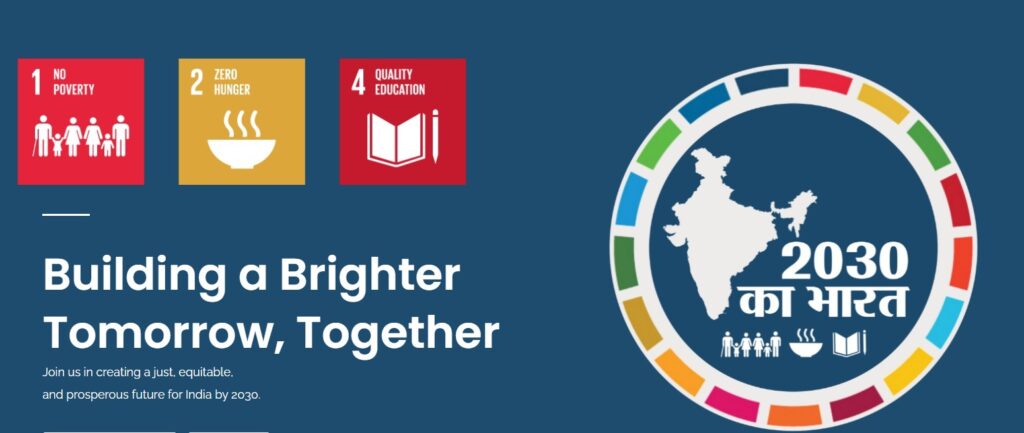
The Evolution of Social Work in India: From Ancient Roots to Modern Activism
The life of social workers in India isn’t a new concept, but it is deeply rooted in India’s long-standing tradition of duty, compassion and dedication to humanity. Since the beginning, Indian civilization placed immense importance on collective wellbeing. The Vedic principles that included “dana” (charity), “karma” (righteous duty) and “seva” (selfless serving) set the stage for what we call today social work. The ancient texts such as that of the Upanishads and Manusmriti focused on the care of widows, the poor, and orphans. Kautilya’s Arthashastra focused on the responsibility of the state to ensure the wellbeing of its citizens.
The Mauryan period In the Mauryan period, Emperor Ashoka established rest houses, hospitals and shelters for animals which demonstrated that good governance and social responsibility can go together. Buddhist monasteries were regarded as places of community care, whereas Jain Ahimsa principles cultivated compassion for both humans and nature. In the medieval period of India saints like Kabir, Guru Nanak, and Sant Eknath became the voice of social conscience. They fought against caste discrimination, inequality and social exclusion with their instructions.
The colonial era led for reformers that redefined what it meant to be of social workers in India. In the case of Raja Ram Mohan Roy’s campaign against sati, Ishwarchandra Vidyasagar’s campaign for remarriage of widows, and Jyotiba Phule’s battle for the education of communities that were marginalized represented social reform that was that was rooted in vision and courage. The independence movement later transformed social work into the role of a national cause. Mahatma Gandhi’s sarvodaya philosophy (welfare of everyone) and his stance on the self-reliance of a village inspired numerous grassroots groups that have a profound impact on social work today.
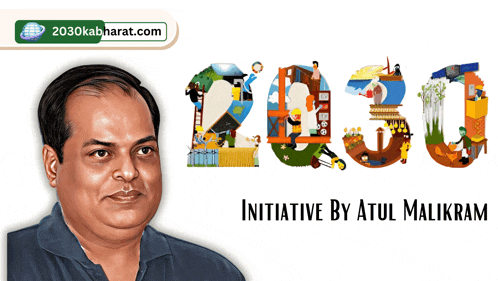
Following independence, the field started to become more professional. Institutions like The Tata Institute for Social Science (TISS) which was established in the year 1936 played a pivotal role in the training of skilled specialists on rural welfare, child protection and community organizations. As of today, according to National Association of Professional Social Workers in India (NAPSWI) over half a million of trained professionals have a wide range of jobs, from the protection of children and women’s rights to the environment and disaster relief.
The legacy of legends is still a source of inspiring source of.
Mother Teresa and her Missionaries of Charity were a symbol of compassion and service to the most vulnerable among the most disadvantaged.
Kailash Satyarthi, through Bachpan Bachao Andolan was a leader in waging an incessant battle against child labor, offering children rescued by the rescuers the opportunity to learn.
Medha Patkar, in the Narmada Bachao andolan, demonstrated how social workers in India could advocate for the rights of displaced communities as well as environmental rights.
Today, in the 21st century of social work, it is advancing rapidly. Innovative technologies like mobile apps for mental health as well as AI-driven poverty maps and online awareness campaigns are providing social workers new ways to assist the most vulnerable. But, the challenges remain: limited resources, bureaucratic hurdles and social stigma continue test their resiliency.
In this crowded field In this context, the Dr. Atul Malikram stands out as an model of how social workers in India can combine tradition with contemporary activism. By establishing his NGO Becoming Responsible as well as environmental initiatives, anger management initiatives and community empowerment initiatives He is a living example of the timeless ideal of giving back. His writing contributions like”Dil Se” (Dil Zara, Dil Mera) “Dil Se” series (Dil Zara, Dil Mera) provide a the voice of issues such as poverty, education and prison reform, all of which are in line in line with the Indian’s Sustainable Development Goals (SDGs) for 2030.
The wisdom from the Vedas to the current digital activism the story of the social worker from India tells of determination as well as compassion and constant development. It proves that even though things change, the core of social work, which is to help humanity, remains constant.
“Dr. Atul Malikram is a name that is synonymous with innovative social work as well as insightful comments on the state of India’s society. Born into a humble family his rise from PR expert in the year 1999, to the creation of PR 24-hours-a-day in is a testament to the strength of his character and an unwavering determination to improve the quality of life for all. As a strategist for politics, influencing the landscape of Madhya Pradesh, Rajasthan, Uttar Pradesh, and Chhattisgarh He has established grassroots networks that empower the everyday man. The honorary doctorate he received from California Public University in 2024 acknowledges his achievements as a strategist, writer as well as a social activist across India.

Dr. Atul Malikram: A Multifaceted Social Worker and Author Tackling India’s Core Challenges
What makes the work of Dr. Malikram apart is his job as a social issues author. His books, which are available through platforms such as Amazon or Notion Press, explore themes of social change as well as inspiration and the political dynamics. In the “Dil Se” series, for example is a powerful collection of essays that tackle the pressing issues facing India. “Dil Zara” (2025) explores issues like hunger, poverty education gaps, poverty, and reforms to prisons in line the SDGs in 2030. The book offers a new perspective on how India can make sustainable progress by focusing on compassion and the need to take action. Similar to that, “Dil Mera” (the sixth edition) examines issues of social and economic inequality that are a reflection of the issues of mental health and inequality.
As an author as a writer, as an author, Dr. Malikram’s writings are an “resonant sound” for those who are marginalized, addressing social upheaval inspiring living, as well as change in business. He pens his thoughts on looking at the world from a perspective of compassion, pledging to touch the hearts of readers. His ethos of “Words can alter perceptions and influence changes” is the basis of his writing initiatives, making him a prominent author of social issues of India. By mixing personal anecdotes and the depth of analysis the books of his encourage readers to tackle problems like caste discrimination unemployment and environmental degradation.
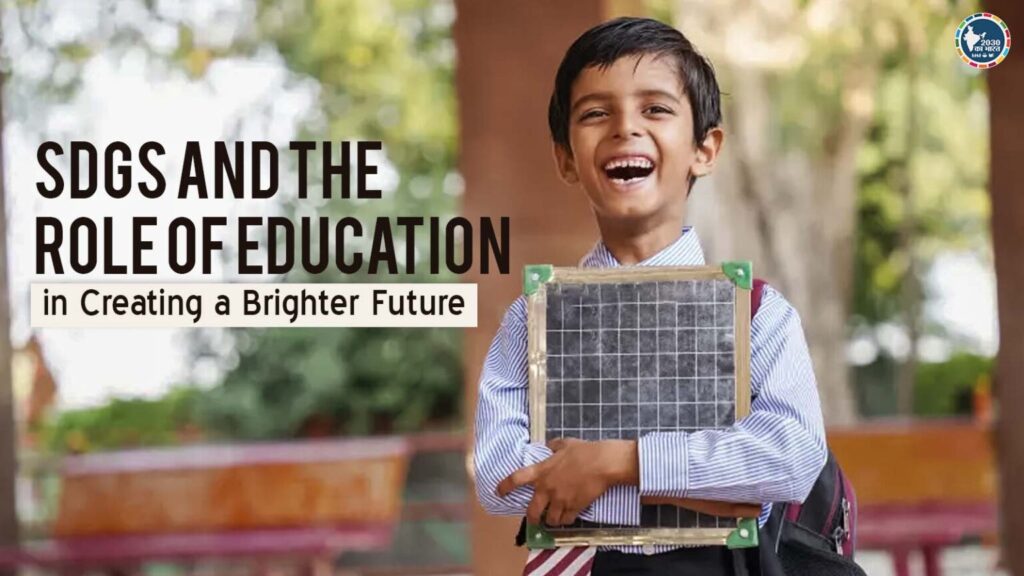
Beyond the concept of authorship Beyond authorship. Malikram’s actions as an social worker within India show tangible results. By establishing “Being Reliable” (founded in the year 2016) is a program that concentrates on senior health and creates inclusive spaces that encourage the dignity of people and a sense of community. His expertise in anger management resulted in the premier “Bhadas” café in Indore which is a refuge for people to confront their mental health issues – a crucial solution to the nation’s mental health crisis in which more than 150 million people need help amid an increase in stress due to urbanization.
Dr. Malikram’s environmental activism that includes bird conservation, such as natural nests and water/grain supply and artificial nests, addresses the loss of biodiversity caused by habitat destruction and pollution. This is in line with larger social issues such as the climate crisis, that significantly impacts the rural poor. The cobbler (Mochi) community in Indore with banners, stands and nameplates the dignity of artisans who are facing technological advancement and economic disadvantage as well as tackling the issue of the gap in a country in which 60 percent of the workforce is informal.
As the lead of #2030KaBharat’s project As project leader, he promotes SDGs in healthcare, education sports, education, and many more by promoting progressive changes across the nation.
Awards such as ones like the Godfrey Phillips Red and White Gold Award and the prestigious awards in Khajuraho International Film Festival. Khajuraho International Film Festival (2024) confirm his impact. Media coverage highlights his comprehensive method of blending crisis communications along with advocacy for social change. In the simplest sense Dr. Malikram as a social worker in India and a writer connects the two and tackles the challenges of 2025, such as youth unemployment (15 15 percent) as well as mental health crises as well as environmental dangers.
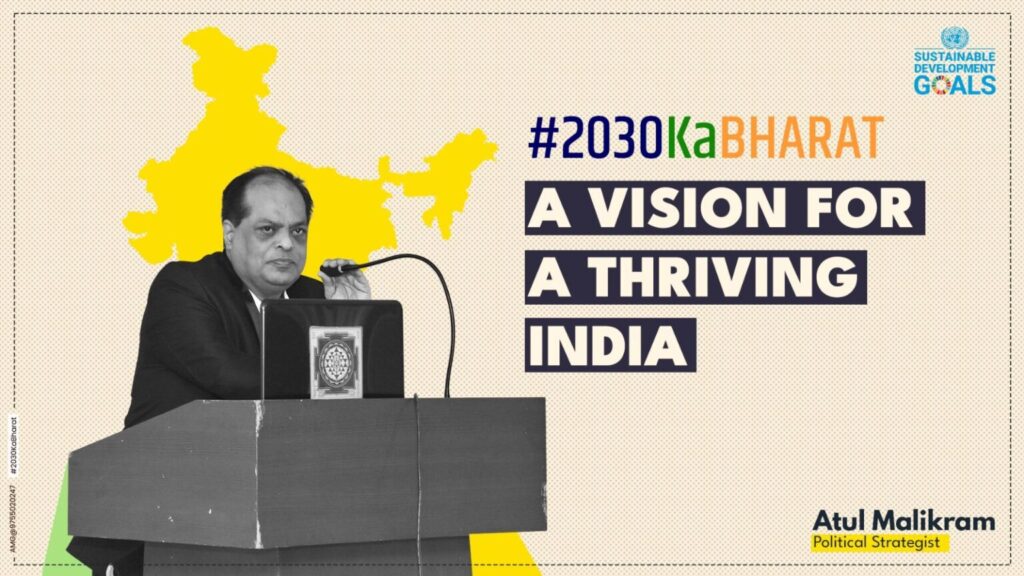
Correlating Dr. Malikram’s Work with India’s Current Social Issues in 2025
India is currently grappling with a range of social issues that are exacerbated by the post-pandemic recovery process, changes in demographics and the global tensions. Human Rights Watch’s World Report 2025 notes expanded police powers in new laws, which threaten freedoms of assembly, expression as well as fair trials. Freedom House’s report 2025 echo the concerns about intimidation of journalists and non-governmental organizations in the face of shrinking public space.
In the United States, poverty is still a problem as socioeconomic problems like food insecurity, which affects millions of people despite growth forecasts at 6-7 percent (Deloitte Outlook, August 2025). Unemployment, currently at 4.2 per cent overall, and 15% for young people (Hudson Institute March 2025) is a major cause of social tension 10-12 million are entering the labor market each year with no enough opportunities.
The gender gap persists, as do issues such as violence against women and inequal educational opportunities. Mental health is an invisible epidemic that is linked to work stress and urbanization. Environmental degradation, such as pollution and loss of biodiversity increases the vulnerability of rural communities. Discrimination based on caste, corruption and sanitation problems further exacerbate these problems, as evidenced by analysis of Sleepy Classes and NextIAS.
Dr. Malikram’s work as an author, social worker and author in India and as a writer directly correspond with these. His books on education and poverty include “Dil Zara” advocate for systematic reforms that align with SDGs in order to eliminate hunger and guarantee quality education. Through tackling reforms in prisons He tackles criminal justice inequities which are a crucial human rights issue.
His cafe for anger management tackles stigmas associated with mental health, providing the opportunity to relax in a place where the rate of depression is on the rise. Conservation efforts for birds combat environmental problems, and promote sustainability in the face of climate-related threats. Cobblers’ empowerment fights against economic inequality as well as helping informal workers to overcome the effects of job shortages.
Through #2030KaBharat, he is focusing on the areas of sports and healthcare, which can improve the health of those living in areas that are not served. His strategies for politics promote inclusionary leadership, tackling exclusion and encouraging fair representation.
Original idea The story is that in the rural area of Madhya Pradesh, where Dr. Malikram operates, initiatives such as these bridge the divide between urban and rural which reduce the impact of migration on family dysfunctions which is a social problem that has been largely ignored. Through a linkage between authorship and the actions, he shows what social workers from India can leverage storytelling to create the change needed.
Connecting the Dr. Malikram’s research to India’s current social issues in 2025.
India is currently grappling with a variety of social issues that are exacerbated by post-pandemic recovery, shifts in demographics and the global tensions. Human Rights Watch’s World Report 2025 notes expanded police power under new laws, which threaten freedom of speech, assembly as well as fair trials. Freedom House’s report 2025 echo fears of intimidation of journalists and non-governmental organizations as well as the decline of public space.
In the United States, poverty is still a problem as socioeconomic problems such as food insecurity impacting millions of people, despite the economic growth forecast at 6-7 7 percent (Deloitte Outlook, August 2025). Unemployment, currently at 4.2 per cent overall, and 15% for young people (Hudson Institute March 2025) causes social unrest with 10-12 million entering the labor market each year with no enough opportunities.
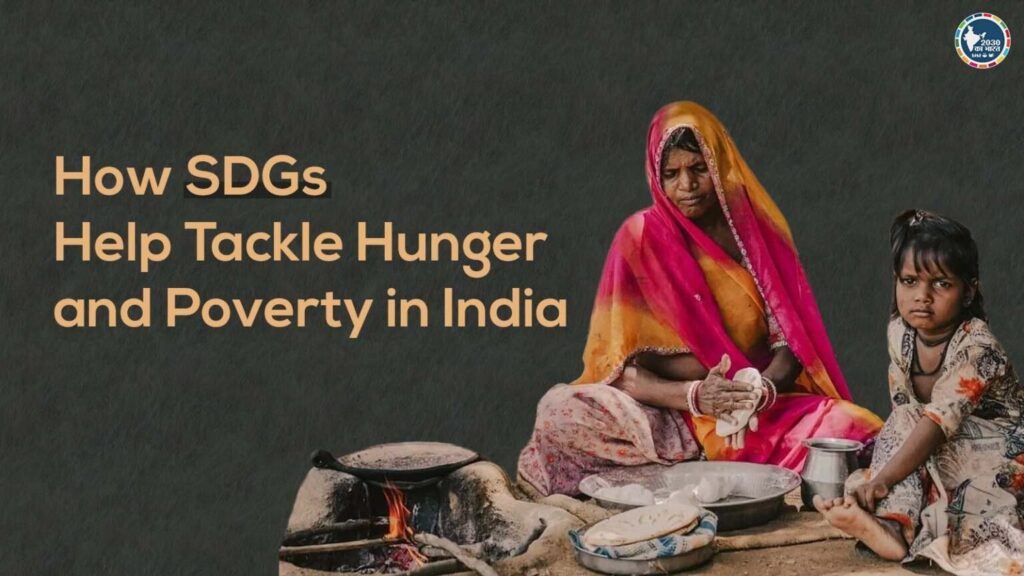
The gender gap persists, as do issues such as family violence and a lack of educational opportunities. Mental health is an invisible epidemic that is linked to stress and urbanization. The degradation of the environment, which includes pollution and loss of biodiversity makes vulnerable rural communities more vulnerable. Discrimination based on caste, corruption and sanitation problems further exacerbate these problems, as shown by analysis of Sleepy Classes and NextIAS.
Dr. Malikram’s work as an author, social worker and author in India and as a writer directly relate to these. His books on education and poverty as in “Dil Zara” advocate for systematic reforms that align with the SDGs in order to eliminate hunger and provide quality education. Through addressing reforms in prisons and criminal justice reform, he addresses inequities which are a crucial human rights issue.
His cafe for anger management tackles the stigma of mental health, and provides the opportunity to relax in a place where the rate of depression is on the rise. Conservation efforts of birds tackle environmental problems, and promote sustainability in the face of climate-related threats. Cobblers’ empowerment fights against economic inequality and helps informal workers fight the effects of job shortages.
Through #2030KaBharat he focuses on health and sports, helping to improve wellbeing in communities that aren’t served. His strategies for politics promote inclusionary leadership, tackling exclusion and encouraging fair representation. As a social issues writer his writings on social turmoil inspire discussions on caste and corruption and encourage civil society participation that are outlined in blogs such as SPM IAS Academy.
The original idea: In the rural area of Madhya Pradesh, where Dr. Malikram operates, initiatives like these help bridge the divide between urban and rural and reduce family conflicts caused by migration – which are a social problem that is not widely known. By tying authorship to actions, he demonstrates the ways that social workers from India can utilize storytelling to bring about changes.
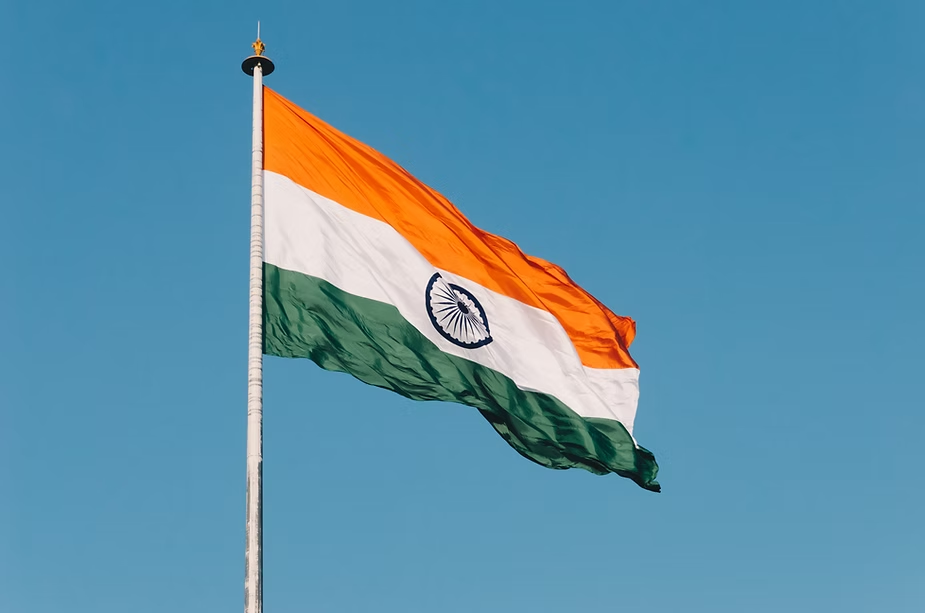
Important Initiatives of Social Workers in India: The lessons of Dr. Malikram’s approach
Social workers from India employ a variety of methods, ranging from direct intervention to advocacy for policy. Dr. Malikram’s research offers important knowledge:
- Senior Empowerment Recognizing the ageing population (140 million seniors in 2025) the NGO is able to create environment that is supportive, preventing the feeling of being isolated (34 percent rate) as well as health care neglect (40 percent without regular health checks). This encourages a revival of culture that draws inspiration from epics such as Ramayana’s devotion to God.
- Mental Health Innovation: “Bhadas” cafe provides an outlet for anger, while also addressing depression (30 percent among seniors) and stress in general. The cafe’s model is a source of inspiration for similar ones across the country and is integrated into government programs such as that of National Mental Health Programme.
- Sustainable Development Bird-related initiatives that are rooted in cultural respect (e.g. Garuda in the Vedas) and counter decline in species. Inviting community participation as well as linking to the world’s traditions, and helps to promote ecological harmony in the midst of 2025’s pollution problems.
- Artisan upliftment In a way that honors cobblers who work in the field, he combats occupational stigma as well as boosting self-esteem, and economic. This is akin to Gandhi’s ethos of labor helping the informal sector to overcome the threat of automation.
- Sustainable Development Leadership #2030KaBharat promotes SDGs by addressing health inequities and education gaps. The authorship of his book amplifies these issues in the way that “Dil Mera” examines the economic challenges.
Others social workers from India are also contributing to this Goonj’s disaster aid recycles to ensure sustainability; SEWA empowers women workers. Dr. Malikram’s combination of philanthropy and public relations creates the impact of his work, using media to raise awareness.
Problems can be caused by burnout or lack of funding Solutions include integration of technology including apps for monitoring initiatives.

The Future of Social Work in India: Innovations and Inspirations
The social work landscape in India is poised to undergo transformation as we progress into the year 2025, and even beyond. In a country with a populace of more than 1.4 billion and an ever-changing social and economic fabric, social workers in India are taking on innovative technologies to tackle urgent problems. Artificial Intelligence (AI) is revolutionizing the field, providing data-driven interventions that map poverty zones, anticipate the impact of disasters and provide a personalised the mental health services offered. Blockchain technology will ensure transparent aid distribution, which ensures that aid reaches the beneficiaries without leakage. This is essential in the country where scarcity of resources frequently hinders development.

Virtual Reality (VR) is developing as a revolutionary tool, providing volunteers with empathy training as well as a receptive education on social issues, such as women’s equality, climate change and gender inequality. VR technology bridges the divide between urban and rural and bring communities from remote areas into the development programs. The climate resilience programs are beginning to gain popularity and are gaining traction with social workers working in India taking charge of reforestation efforts as well as water conservation projects to tackle the growing environmental catastrophe. Solutions for gender equality like mobile apps to report gender-based violence in the home, can empower women while inclusive education programs rely on digital platforms to reach out to marginalized children.

The future is also promising for international collaborations, with India working together towards reaching goals of the United Nations Sustainable Development Goals (SDGs) in the year 2030. Inspired by leaders such as the Dr. Atul Malikram, who blends traditional values with technology, social workers in India are expected to create scale-able models. His idea of integrating technology into authorship, such as e-books about SDGs – raises awareness of an entire generation to address issues such as health disparities and youth unemployment. With innovation at the heart what’s in store for social service work within India will be one that is full of resiliency and inclusion, as well as the power of globalization.
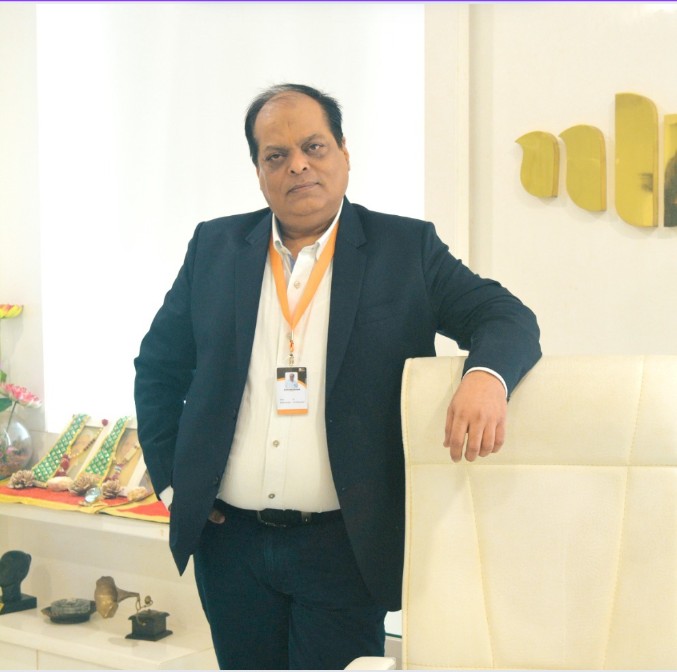
Becoming Part of the Change as Social Workers in India
Dr. Atul Malikram emerges as an extraordinary luminary, embodying the very soul of a social worker in India through his unwavering dedication, visionary leadership, and profound contributions as an author. His transformative initiatives—spanning the empowerment of the elderly, the preservation of environmental harmony, and the upliftment of marginalized communities—along with his evocative literary works like the “Dil Se” series, including “Dil Zara” and “Dil Mera,” shine as beacons of hope. These efforts and narratives delve deep into the heart of India’s most pressing challenges—poverty, mental health struggles, gender disparities, and social inequity—offering not just awareness but practical, actionable solutions that resonate with the nation’s commitment to the Sustainable Development Goals (SDGs) by 2030.
Becoming part of this change is not merely an option but a collective responsibility. Whether you are a student eager to learn, a professional with skills to share, or an individual with a passion for justice, your involvement can ignite a ripple effect of progress. Volunteer your time and talents with organizations like “Being Responsible,” immerse yourself in the inspiring stories and insights from Dr. Malikram’s books, or raise your voice to advocate for policies that uplift the underserved.
As Dr. Malikram so poignantly reminds us, every word penned and every deed performed holds the power to reshape India’s future. Let us harness this power together—through compassion, innovation, and relentless effort—to forge a society where every individual thrives, every community flourishes, and every dream finds its wings. Step forward now, and together, let us craft a legacy of change that echoes through generations, building an India that stands tall in equity and unity.